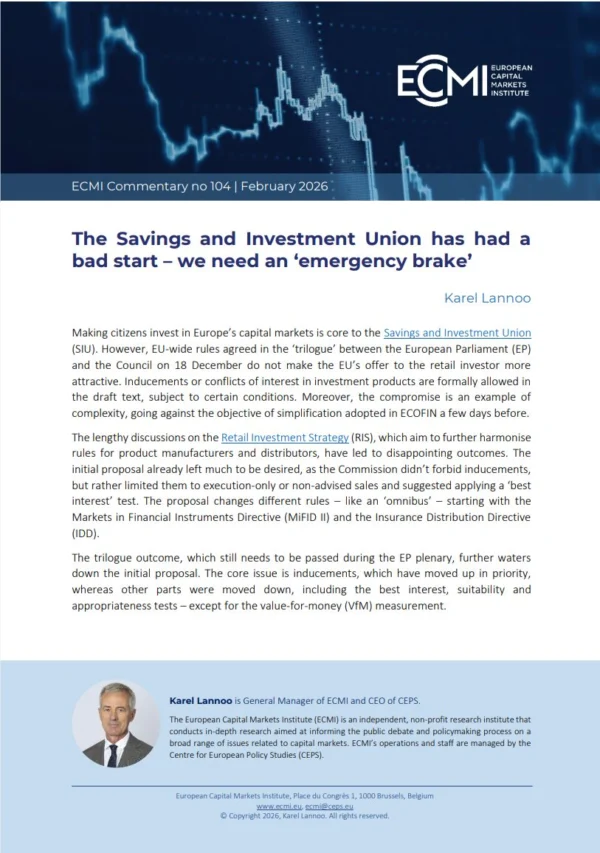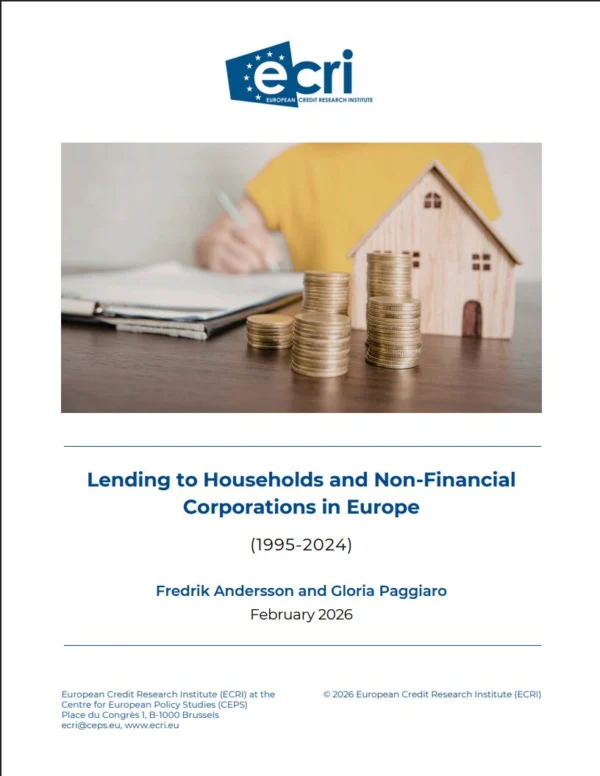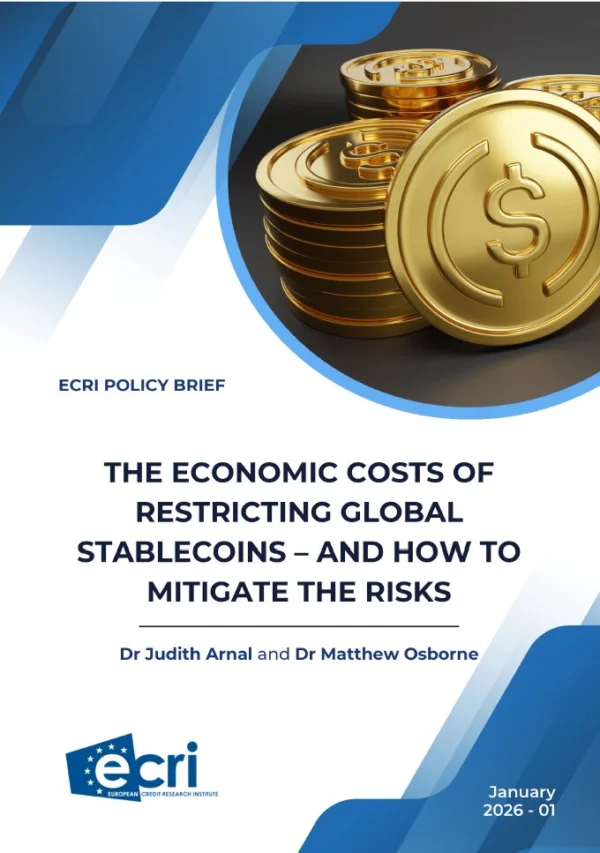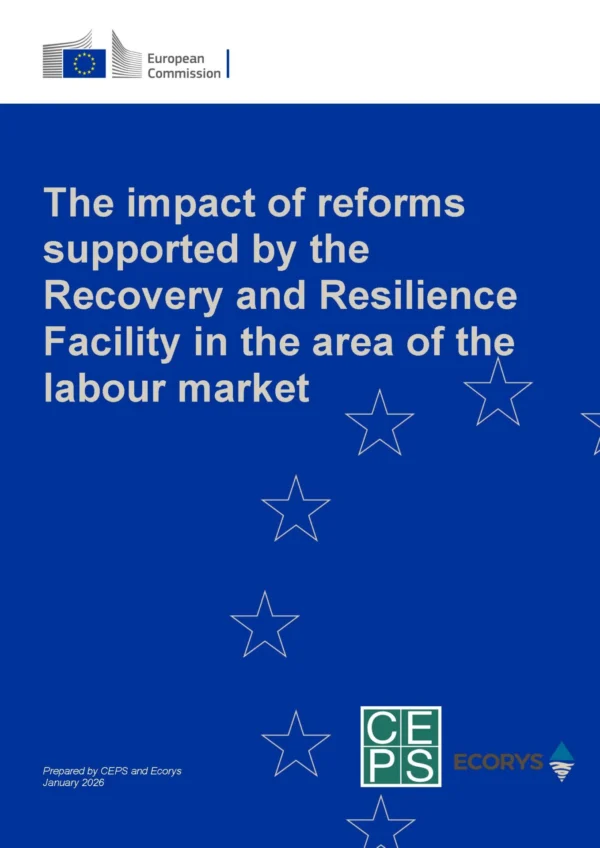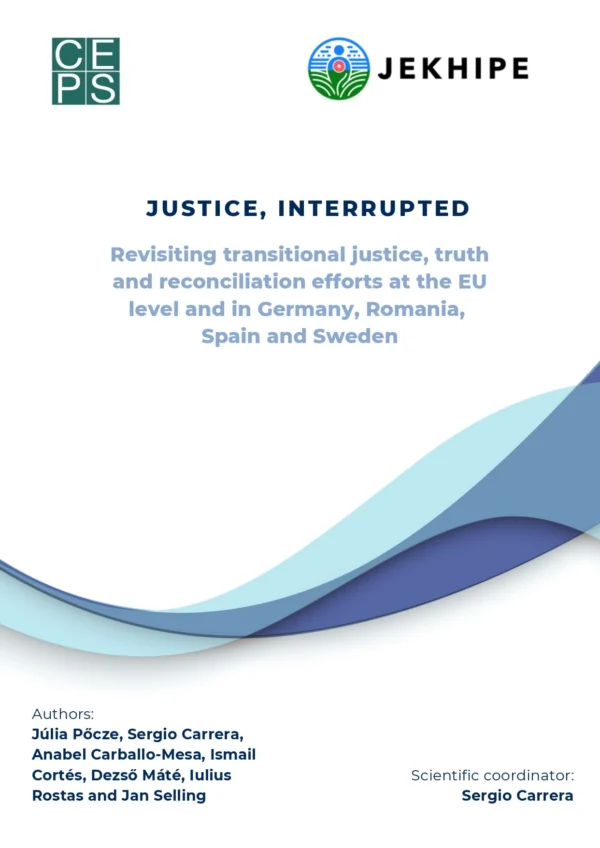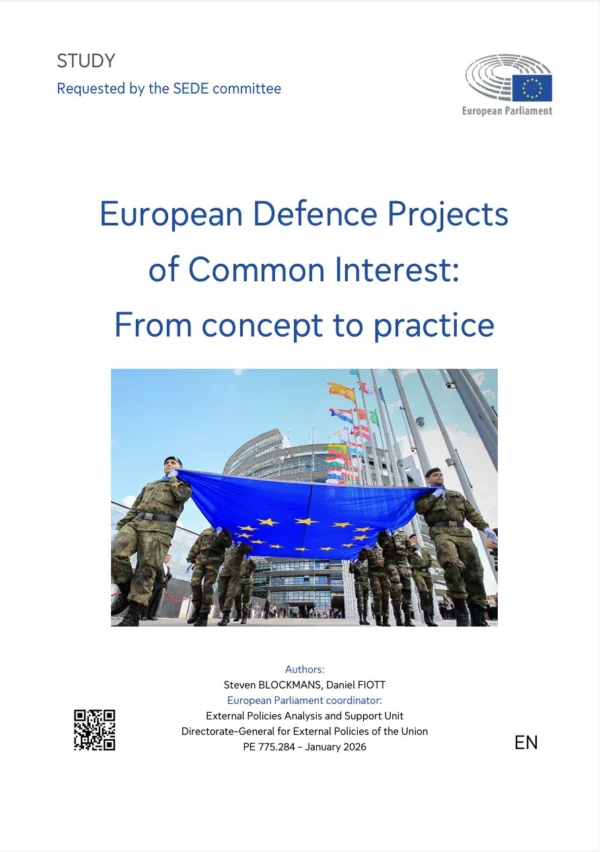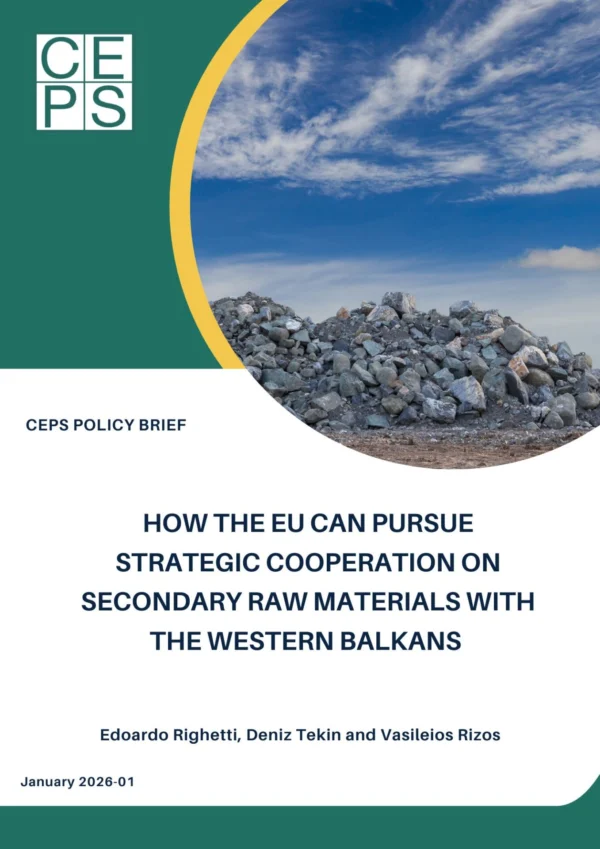Authors: Stefano Micossi and Riccardo Perissich
CEPS series: Commentaries No. of pages: 5
This paper attempts to map out Italy’s interests in the forthcoming Brexit negotiations, based on a number of economic and political hypotheses regarding what the UK’s opening position might be.
In recent years, Italy has become a country of emigration again, with qualified young people seeking better paid and more rewarding jobs elsewhere in the EU. For this reason, Italy will mount a strong defence of existing internal market rules as an inseparable set of principles. This is not to say that Italy will not be helpful in the forthcoming Brexit negotiations, but there will be strict limits to its flexibility. Concessions to the UK’s demands for restrictions on labour mobility for EU citizens are likely to be opposed.
Broadly speaking, Italy will attach a high priority to preserving the integrity of the basic principles that govern the EU, including the institutional balance, and to the possibility of the eurozone integrating further. The concern of the EU as a whole, however, will be that all the uncertainty surrounding Brexit does not impinge on other pressing Union and eurozone matters.
Stefano Micossi is Director General of ASSONIME, Chair of the LUISS School of European Political Economy, and a CEPS board member. Riccardo Perissich is a former Commission official and Executive Vice Chairman of the Council for the United States and Italy.
An earlier version of this paper appears as a chapter in a VOX e-book entitled: What To Do With the UK? EU Perspectives on Brexit edited by Charles Wyplosz, and is published here with the kind permission of VOX.
As an institution, CEPS takes no official position on questions of EU policy. The views expressed are attributable only to the author and not to any institution with which he is associated.




